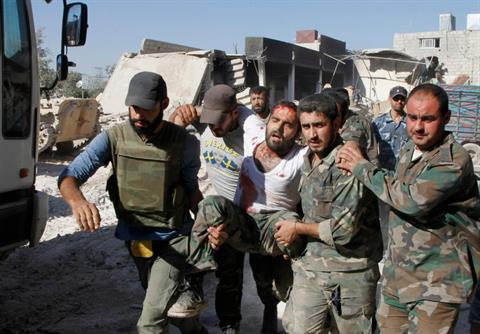
With pen and paper in hand, it took Assaad Chaftari five minutes at his home nestled in a cluster of pine trees in the mountains overlooking Beirut to write a public apology for his role in the atrocities committed during Lebanon’s civil war.
Thirteen years later, he’s still the sole senior figure from the slew of militias that prosecuted that bloody conflict to do so. That Chaftari alone has taken that bold step says as much about his own searing sense of remorse and desire to atone as it does about Lebanon and where it stands more than two decades after the country’s 15-year bloodletting claimed the lives of an estimated 150,000 people.
Lebanon has veered toward the edge of communal conflict several times since then, but never more so than now as the civil war in neighboring Syria has inflamed sectarian hatreds. Several rounds of fighting between gunmen of various stripes — Sunni, Shiite, Alawite — have broken out. The latest, which erupted last month in the northern city of Tripoli, killed at least 17 people. [Link]



